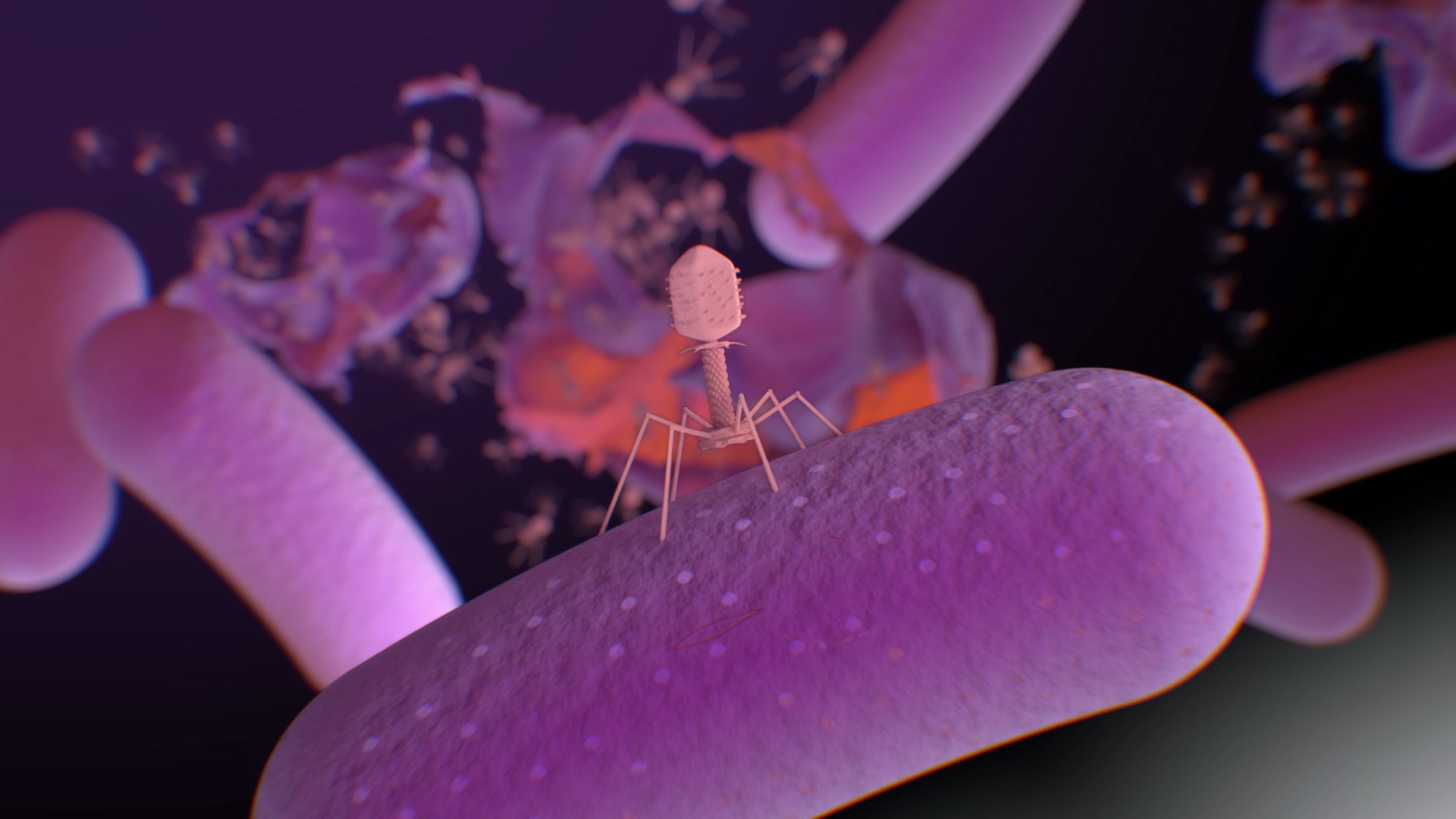Search

Initial acquisition and succession of the cystic fibrosis lung microbiome is associated with disease progression in infants and preschool children

Assessment of p.Phe508del-CFTR functional restoration in pediatric primary cystic fibrosis airway epithelial cells Abstract Background Mutations in

The potential of antisense oligonucleotide therapies for inherited childhood lung diseases Antisense oligonucleotides (AOs) are an emerging

Oxidative stress and abnormal bioactive lipids in early cystic fibrosis lung disease. What did you find? We focused on lipid molecules which we know

The effect of 100% oxygen on tidal breathing parameters in preschool children Does 100% oxygen change the way children breathe? The multiple breath

Meet the team at Phage WA, who are working to tackle antimicrobial resistance (AMR) through phage therapy.

Our team uses AI to quickly analyse large amounts of genetic data to help discover alternate medications and improve existing treatments.

As part of our research development and planning we invite members of the community to work with us. Click here to find out how.

If you have any questions or would like more information about the Western Australian Epithelial Research Program (WAERP), please click here to access our contact details.
We've provided some tips and strategies straight from the Beacon app for issues that families are commonly facing when navigating the online world.
